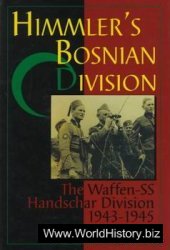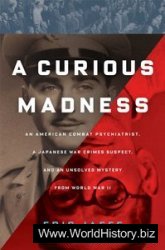Revolution in Austria-Hungary brought profound changes to eastern
Europe. Out of the map of the old empire, territories went to form—or to
help form—the new states of Czechoslovakia, Poland, and Yugoslavia.
Rumania doubled its size as a result of lands it carved from the former
Habsburg possessions. But these newly formed states were economically
weak and mutually hostile. By the end of the 1920s, with the exception of
Czechoslovakia, all were headed toward dictatorship. And their dismal
future was compounded by their vulnerable position between two once
powerful neighbors, Germany and Russia, who were certain to regain that
power in the decades to come.
Both the Russian and the Austrian cases show the dynamic power of
World War I to alter the map and the reality of European life. Whatever the
intentions of the statesmen and generals, the course of the conflict and the
strains it imposed on European life upended much of the old political order.
A witness to this grim new world was the Austrian writer Stefan Zweig.
In the winter of 1918-1919, he returned to his home in Salzburg to face the
fact that his former country, the old Austro-Hungarian Empire, had ceased
to exist, that he now lived in the midst of mass hunger and poverty, and that
Salzburg was now located in a shrunken, newly created Austrian state, a
small German-speaking republic centered around the immense old imperial
capital of Vienna.
Zweig shared an experience common to millions of Europeans. They
returned from the battlefield or from foreign exile to find the political world
they had known permanently obHterated. In the same way that the war had
demanded the hves and heaUh of so many fighting men, so also had it made
casualties of entire systems of government. For the Russian soldier returning
to find tsarism replaced by communism, for the Bosnian soldier returning
to learn he was a citizen of the heretofore unknown country of
Yugoslavia, and for Zweig returning to a weak, poverty-stricken Austria,
the war had created a new political world.




 World History
World History




![United States Army in WWII - Europe - The Ardennes Battle of the Bulge [Illustrated Edition]](/uploads/posts/2015-05/1432563079_1428528748_0034497d_medium.jpeg)




